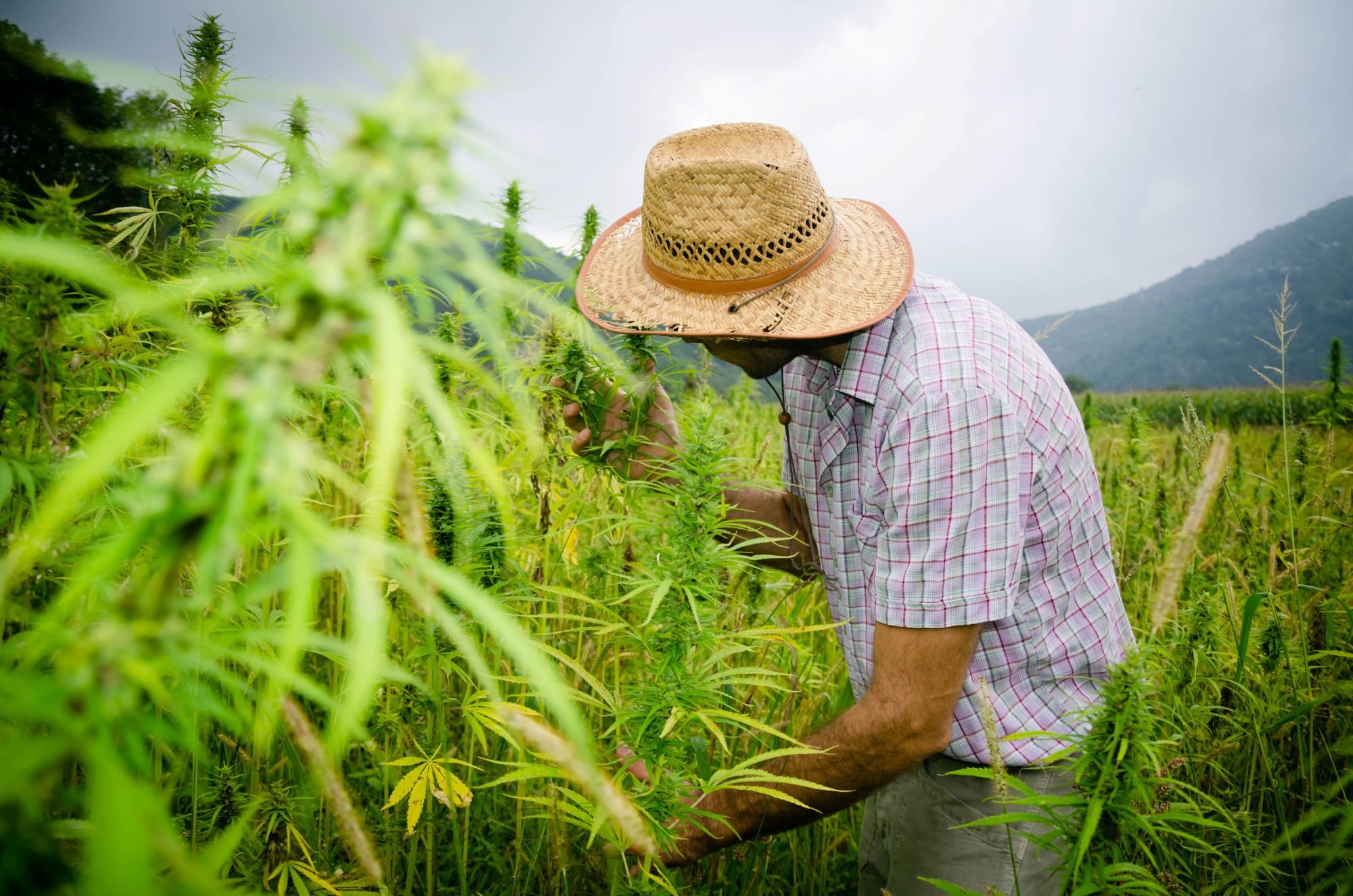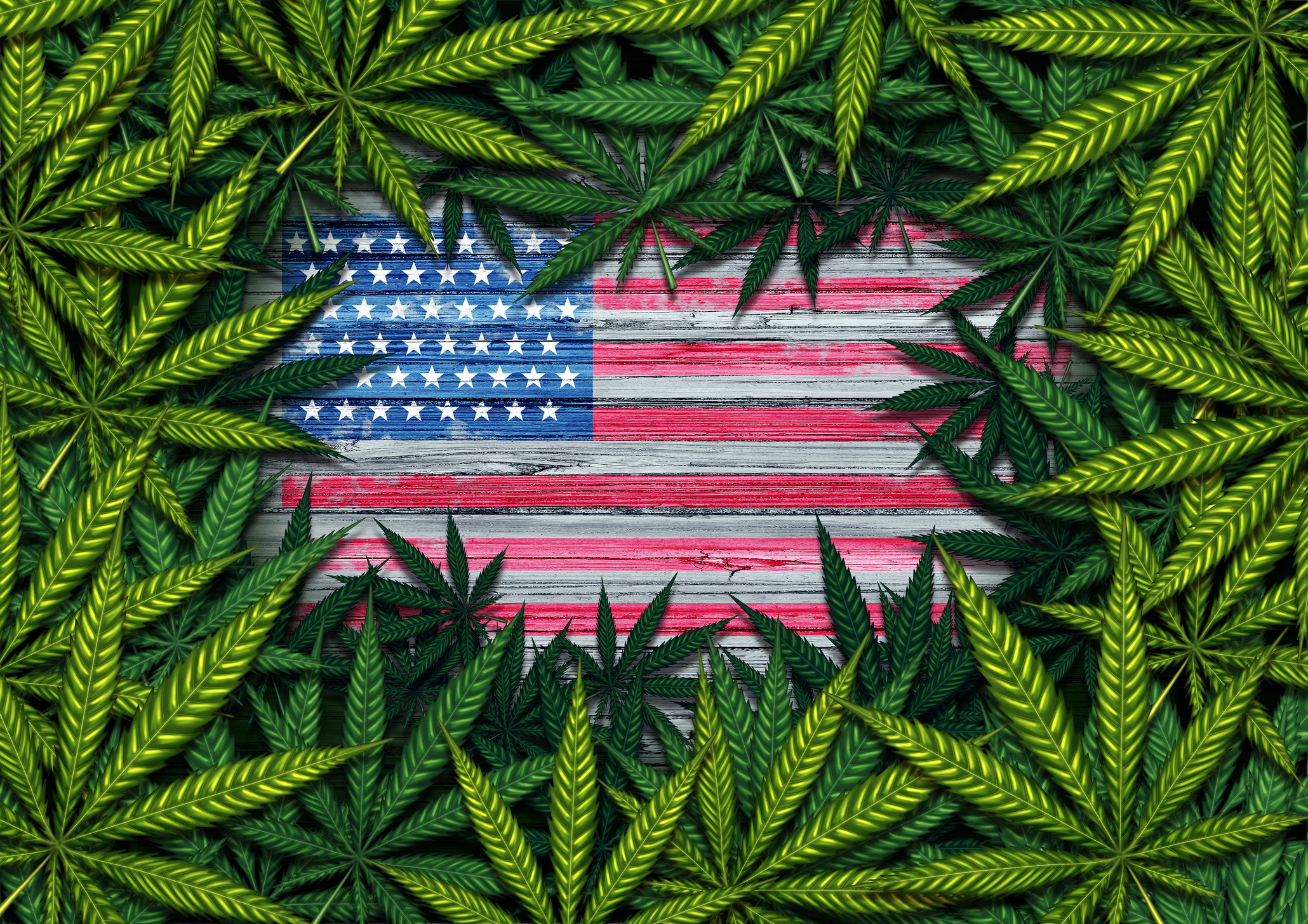The cannabis industry in Canada isn't coming off a terribly strong year in 2019. It generated sales of 1.2 billion Canadian dollars during the year, well short of expectations. In 2018, Deloitte projected that the industry's sales for 2019 would be as much as CA$4.3 billion. It's nowhere near that number even though in the latter half of 2019, there was progress; December was a record month with CA$146.2 million in revenue. However, that's still only an annual run rate of CA$1.75 billion.
While the numbers are still underwhelming, there could be some big changes coming that could make the pot industry in Canada much, much stronger in the years to come.
Ontario to consider making lounges legal
In February, Canada's largest province said that it would go through a consultation process to review the possibility of legalizing not just lounges but also cannabis consumption in public places like outdoor festivals and concerts. Giving cannabis consumers places besides their homes to partake can help accelerate sales growth for the industry by adding a social component to the mix that could lead to more revenue, particularly at events.
However, the province's Attorney General, Doug Downey, is still in the early stages of this process, telling BNN Bloomberg in an interview: "We want to hear what Ontarians have to say on lounges, cafes, that kind of thing. It's not really predetermined that we'll make any decisions at all but we want to hear from the public." Downey did concede that more stores are needed in the province, which has been a complaint of cannabis producer Aurora Cannabis (ACB 2.89%) in the past, stating that a poor retail rollout contributed to the company failing to meet targets, including a positive EBITDA (earnings before interest, taxes, depreciation, and amortization) number.

Image source: Getty Images.
Adding more locations and perhaps even lounges could help make the industry much stronger by giving consumers more places to buy and consume marijuana. In Alberta, the City of Edmonton has looked into the possibility of making lounges legal as well, but there's still been no confirmation of whether that will end up happening.
Edible products require places to consume cannabis publicly
On Oct. 17, 2019, edible cannabis products officially became legal in Canada (even though they weren't available on store shelves until at least two months after that), and the segment will help add to the country's total cannabis sales in 2020. In particular, beverages are an area companies like Canopy Growth (CGC 2.63%) and HEXO (HEXO +0.00%) have focused on, signing deals with alcohol companies to work on cannabis-infused beverages. Canopy's partnered with Constellation Brands (STZ 1.39%), while HEXO has been working with Molson Coors Canada.
In 2019, Deloitte estimated that of the potential CA$2.7 billion edible and infused cannabis market in Canada, approximately CA$529 million, or about one-fifth, will come from cannabis-infused beverages. Having a strong retail market and lounges will certainly make it possible to help reach those goals, and perhaps even exceed them, by giving consumers places to consume beverages socially. Buying cannabis-infused drinks and then having to consume them at home rather than in a bar might be a hard sell to consumers who normally drink at lounges and bars with their friends. That's where the possibility for lounges can open more doors for the industry and help companies like HEXO and Canopy Growth have much stronger performances in 2020 and beyond.
What does this mean for investors?
For pot stocks to be good buys, companies must meet expectations and achieve strong sales numbers. Legal lounges could help make that possible, making cannabis companies much more appealing investments due to the heightened sales potential. But until that happens, there might still be too much risk and uncertainty to invest in Canadian marijuana companies.








